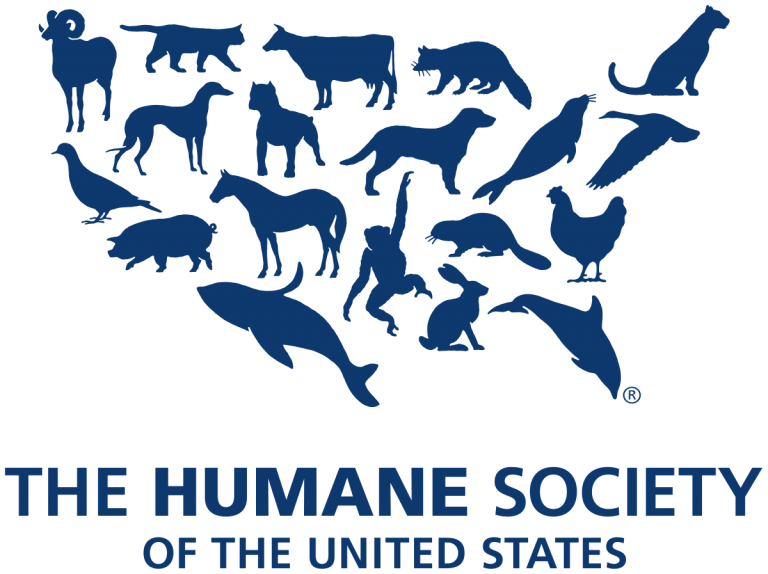Washington DC, USA
The Humane Society of the United States (HSUS) was founded in 1954 by four dissenting members of the American Humane Society (today known as American Humane, which has no links to HSUS). HSUS’s purpose, according to its website, is to end suffering for all animals from puppy mills, factory farms, the fur trade, trophy hunting, animal cosmetics testing and other ‘cruel’ industries.
One core pillar of HSUS’ mission is to, in its words, ‘Get Political for Animals and to support [with funds] humane candidates for office’. HSUS is believed to be the main force behind the House Animal Protection Caucus in the US House of Representatives, which is headed by Congressman Blumenauer.
Donors who want to contribute money to support pet shelters understandably get confused because of the similarity between numerous unrelated animal welfare societies across the USA, which have the word Humane in their title. HSUS is accused of manipulating this confusion by using Google Keywords to surreptitiously attract searches for pet shelters. But just one percent of HSUS’s funds is granted to pet shelters, of which it owns and manages none. Despite this, 85 percent of HSUS’s advertising features pet shelters; especially emotive pictures of rescued dogs and cats. This dodgy advertising strategy deprives cash-starved local Humane Societies, which have nothing whatsoever to do with HSUS, of the money they need to run pet shelters: see HSUS Caught Marketing Off the Backs of Local Pet Shelters. Around 50 percent of HSUS’ annual budget is used to raise funds for itself.
Last year, HSUS was accused by 11 whistleblowers of committing abuses against animals at its – fully owned and controlled – chimpanzee welfare sanctuary, Project Chimps. HSUS denies the accusations.
Leaders
Former PETA official and vegan Kitty Block is CEO, whose salary in 2019 was $400,000, making her, according to Humanewatch.org, one of 70 employees earning more than $100,000 per year. Block succeeded Wayne Pacelle, after the latter became embroiled in a sex scandal in the office.
Governance
Board of Directors co-chaired by Thomas J. (Tom) Sabatino, Jr. and Susan Atherton. The Board is composed of seven senior HSUS officers led by Kitty Block, and 18 others from outside HSUS. There’s also an advisory National Council.
Finance
According to HSUS’s annual report, support and revenue in 2019 was $249.2 million, and total operating and supporting expenses were USD200.9 million. Charity Navigator once gave HSUS the maximum four-star rating. But it now awards it two stars overall, and just one out of four for its financial management.


